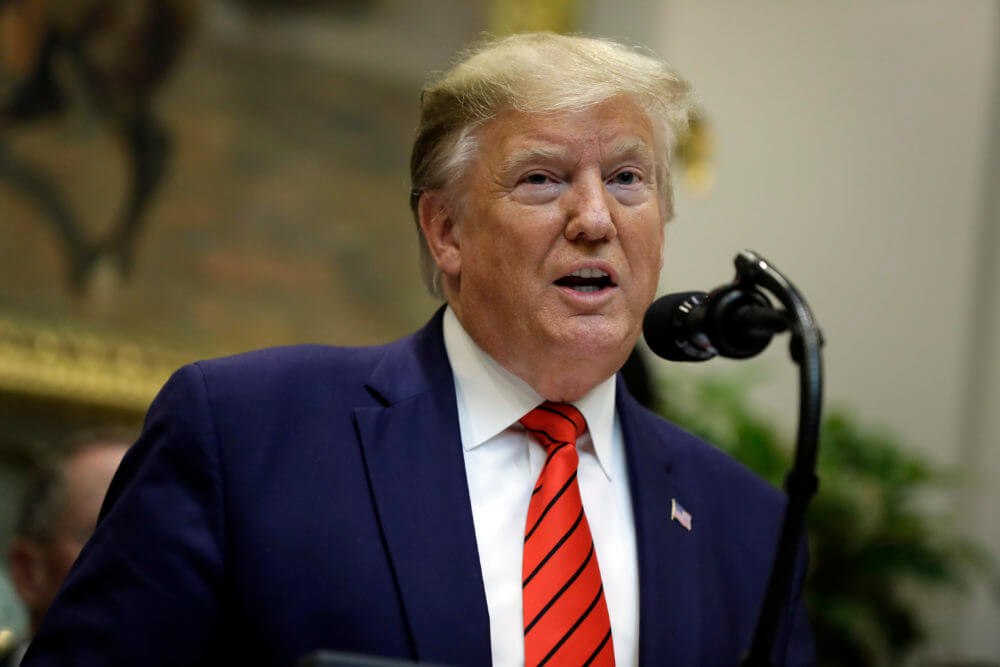In a move reminiscent of his earlier presidency, Donald Trump has reinstated a travel ban, targeting multiple countries under the premise of national security. This decision has reignited discussions on immigration policies, global relations, and the balance between security and inclusivity.
Overview of the Travel Ban
On June 4, 2025, President Donald Trump signed a proclamation reinstating and expanding a travel ban, prohibiting entry for citizens from 12 countries: Afghanistan, Myanmar, Chad, Congo, Equatorial Guinea, Eritrea, Haiti, Iran, Libya, Somalia, Sudan, and Yemen. Additionally, seven other countries including Venezuela and Cuba face partial restrictions. The policy, effective June 9, 2025, is part of Trump’s broader immigration crackdown in his second term, which has included deportations and stricter visa processing.

Countries Affected
Full Travel Ban:
- Afghanistan
- Myanmar
- Chad
- Congo
- Equatorial Guinea
- Eritrea
- Haiti
- Iran
- Libya
- Somalia
- Sudan
- Yemen
Partial Restrictions:
- Venezuela
- Cuba
- Others (details pending official release)
Rationale Behind the Ban
The administration cites national security concerns, emphasizing the need to prevent potential threats from entering the U.S. The decision follows an incident in Boulder, Colorado, where an individual with an expired visa was involved in a violent act. Although the individual’s country was not among those banned, the event was used to underscore the risks of inadequate vetting processes.
Watch The Press Release
🌐 Global Reactions
The travel ban has elicited varied responses:
Somalia: Expressed willingness to engage in dialogue to address security concerns.
Venezuela: Condemned the move, labeling it discriminatory.
Immigration Advocates: Voiced concerns over the humanitarian implications and potential for increased xenophobia
Legal Challenges and Implications
Legal experts anticipate challenges to the travel ban, drawing parallels to the 2017 version, which faced multiple lawsuits before being upheld by the Supreme Court. Critics argue that the ban may violate constitutional protections and international agreements.
Historical Context
This isn’t the first time the Trump administration has implemented such measures. In 2017, a similar travel ban targeted predominantly Muslim countries, leading to widespread protests and legal battles. The 2025 ban expands upon previous policies, reflecting a continued focus on stringent immigration controls.
❓ FAQs
Q: When does the travel ban take effect?
A: The ban is set to be enforced starting June 9, 2025.
Q: Are there exceptions to the ban?
A: Specific exemptions have not been detailed yet; however, previous bans included waivers for certain individuals.
Q: How does this affect visa holders from the listed countries?
A: Visa issuance and entry permissions will be suspended or restricted, depending on the country and individual circumstances.
Q: Can the ban be challenged legally?
A: Yes, legal challenges are anticipated, similar to those faced by the 2017 travel ban.
Conclusion
The reinstatement of the travel ban by Donald Trump marks a significant moment in U.S. immigration policy. As debates continue over its implications, it’s essential to stay informed and engaged with ongoing developments.
Read More









